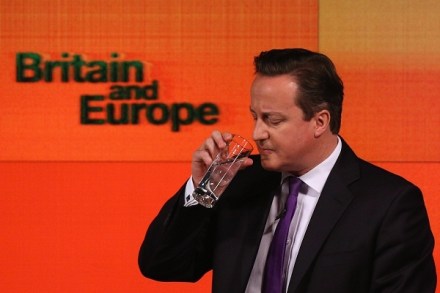Jeremy Corbyn has continued his purge of the Oxbridge set
Back in October, I wrote about how Corbyn had replaced the shadow cabinet’s Oxbridge and Harvard elite with red-brick university graduates. This week’s reshuffle has continued the trend. Maria Eagle – alma mater, Pembroke College, Oxford – has been demoted, and replaced by Emily Thornberry, who went to the University of Kent. Admittedly, the sacked Michael Dugher and Pat McFadden didn’t go to Oxbridge, but to Nottingham and Edinburgh respectively. Still, they are both higher-achieving universities than Northumbria University, where Emma Lewell-Buck, the new shadow local government minister, did her politics and media studies undergraduate degree. I don’t want to be intellectually snobbish. There’s nothing wrong with the universities attended by




















